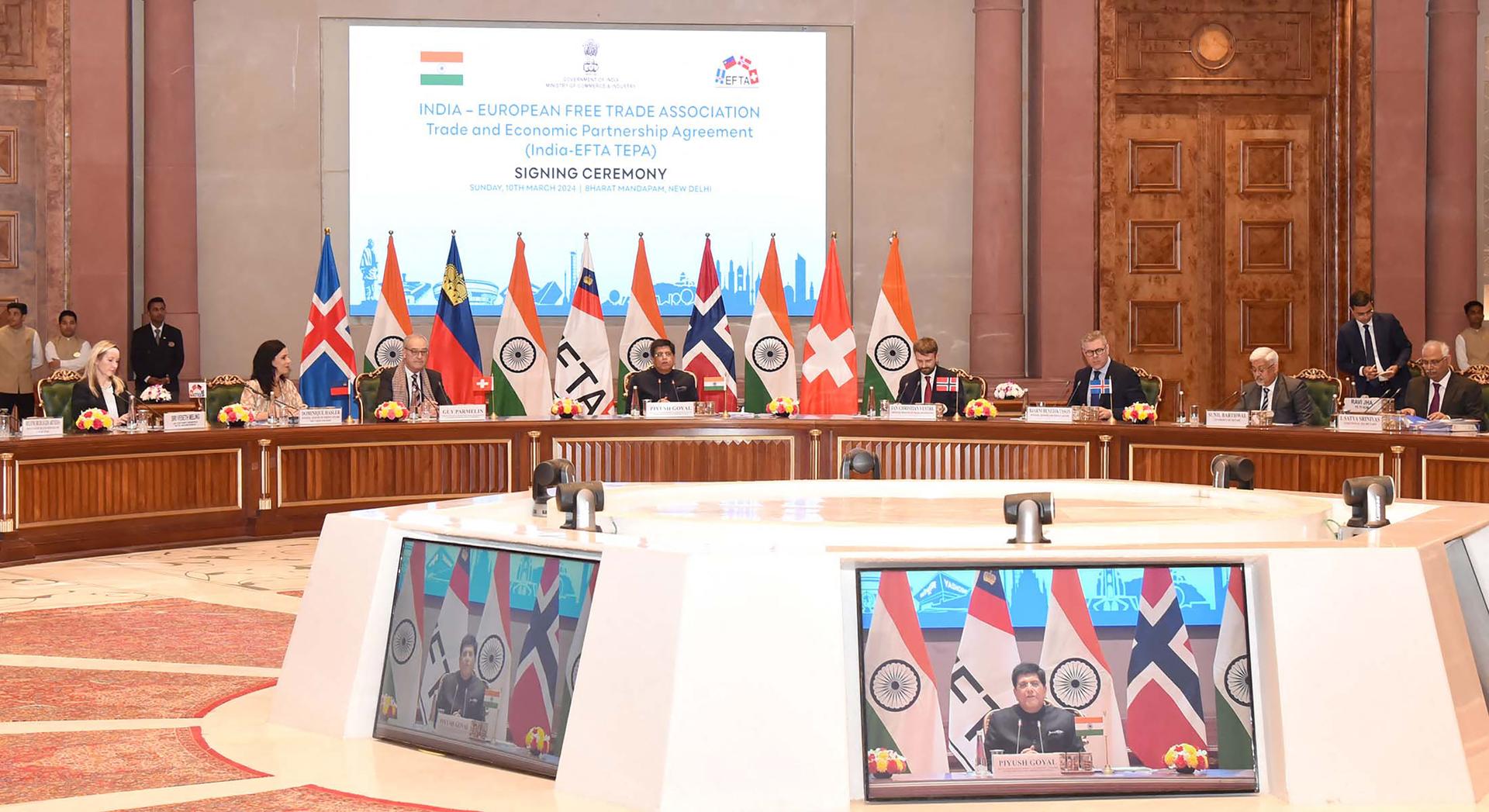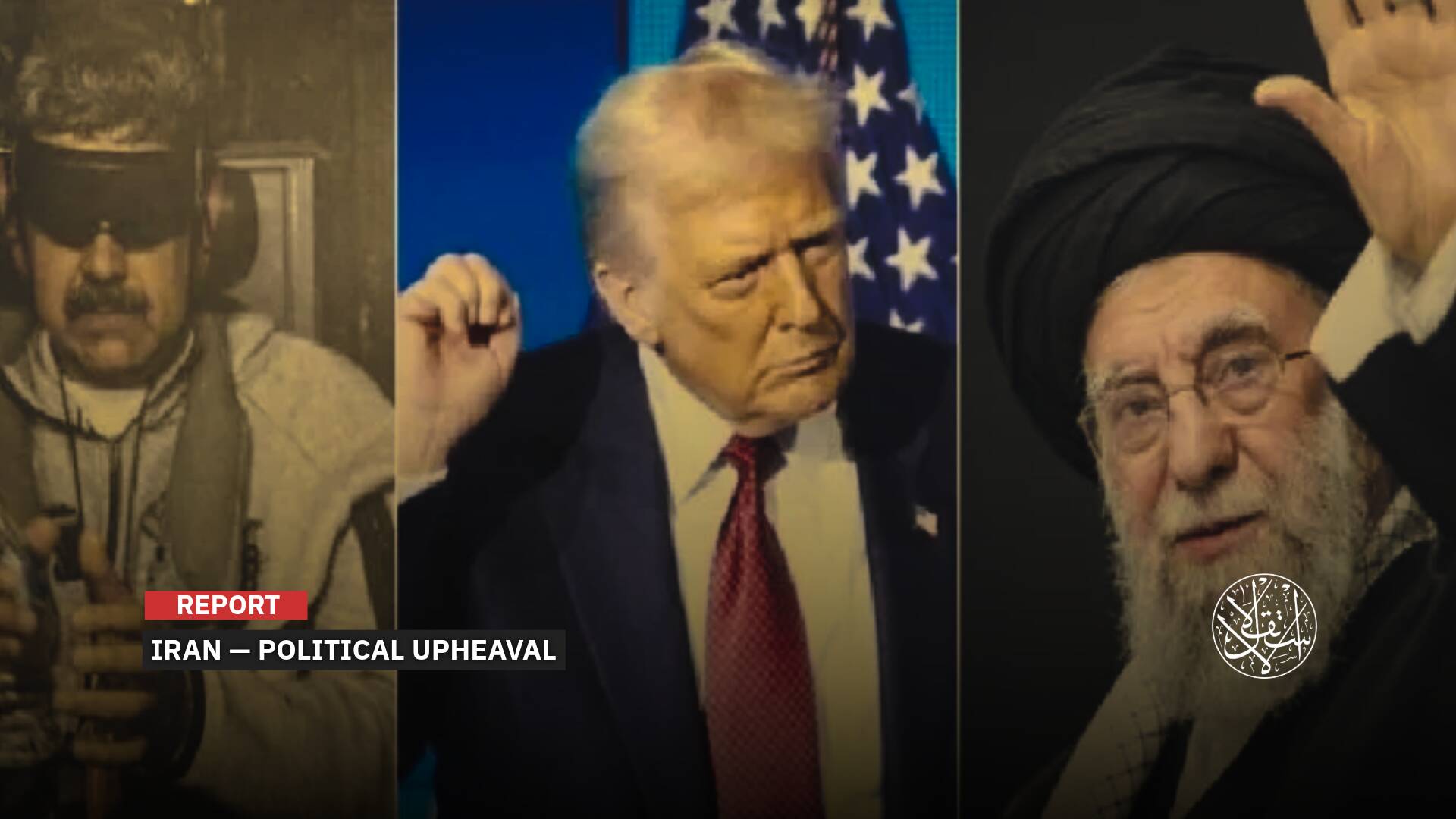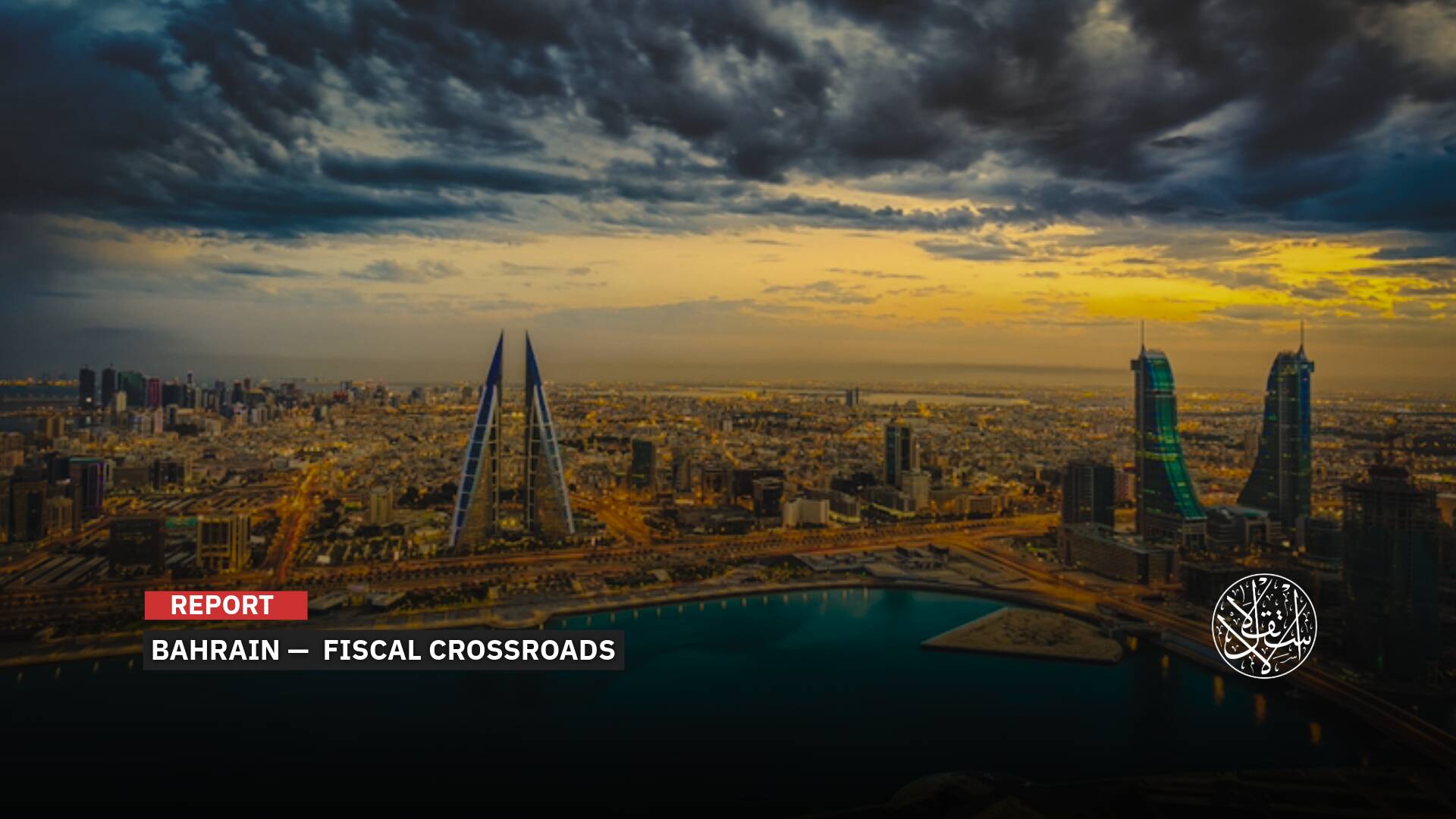Growing Partnership: This Is How Economic Relations Between Europe and India Are Developing

“India is working on trade pacts with Britain and the European Union.”
In a new step that confirms the European continent's belief in India's potential, economic relations between European countries and India have been greatly strengthened during the past period, especially at the level of bilateral trade and foreign direct investment.
This development was linked to the increasing interest of Western countries in the Indo-Pacific region, with the presence of three of the world's largest economies: China, India, and Japan.
This interest was also linked to the desire of Western countries to undermine China economically and hinder its rise globally, especially with the flight of foreign companies outside China and their search for emerging markets in many fields, including technology.
In the past two years, India has signed trade agreements with Australia and the UAE. Officials said trade pacts with Britain and the European Union are in their final stages, as Prime Minister Narendra Modi aims to hit $1 trillion in annual exports by 2030.
Landmark Agreement
India recently lifted most of its tariffs on four European countries in a deal expected to generate $100 billion in investments over 16 years and a million jobs for the world's fifth-largest economy.
On March 10, India signed a trade agreement with the European Free Trade Association (EFTA) countries, which are not part of the EU, namely Iceland, Liechtenstein, Norway, and Switzerland. This takes place ahead of the country's general elections scheduled for the next few months, which could give Prime Minister Narendra Modi a third consecutive term.
"This represents a new turning point and a watershed moment in the bilateral relationship between India and the EFTA countries," Modi said.
The Indian Minister of Commerce and Industry, Piyush Goyal, said that India has signed, for the first time, an agreement with an important economic bloc in Europe, noting that New Delhi is also working to conclude trade agreements with Britain and the EU.
A statement by the EFTA stated that "the landmark agreement with India is set to deliver significant economic benefits, such as better and more resilient supply chains, and new opportunities for businesses and individuals on both sides, leading to increased trade and investment flows, job creation, and economic growth."
The latest agreement includes: trade in goods and services, encouraging investment and cooperation, intellectual property, government procurement, trade and sustainable development, and dispute settlement.
India is the fifth-largest trading partner of the EFTA after the EU, the United States, Britain, and China, as the total volume of trade between them in both directions reached $25 billion in 2023, according to estimates by the Indian Ministry of Commerce.
India's exports to the EFTA amounted to $2.8 billion, while imports amounted to about $22 billion during that period.
With a population of 13 million and a total GDP of more than $1 trillion, the EFTA countries are the world's ninth-largest trader of goods and the fifth-largest trader of business services.
The EFTA, which was established in 1960 to act as a counterweight to the EU, has signed about 30 trade agreements with 40 countries and regions outside the EU.
This comes a few months after world leaders announced, on the sidelines of the recent G20 summit in New Delhi, a huge corridor project to link India and Europe through the Middle East.
On September 9, 2023, the United States, Saudi Arabia, the Emirates, the EU, France, Germany, and Italy signed an initial agreement for the project, which US President Joe Biden said would change the rules of the game, describing it as a historic agreement.
Last January, Amitabh Kant, India's G20 leader representative, said: "We are the fifth-largest economy in the world, and by 2027 we will overtake Japan and Germany to become the third-largest economy in the world.
"Our goal is that by 2047, India must have a $35 trillion economy," he added.

India–Europe Relations
According to data on Statista, the Netherlands is the largest importer of Indian goods among European countries.
The value of Indian exports to the Netherlands in 2023 was estimated at approximately $21.6 million. Followed by Germany, whose imports from India amounted to $10.1 million, then Belgium, whose imports from India amounted to $8.8 million, then Italy, whose imports from India amounted to $8.6 million.
Germany ranks first among European countries as the largest exporter to India in 2023.
The value of its exports to India was estimated at approximately $16 million, followed by Belgium, whose exports to India in the same year amounted to about $9 million, and the Netherlands, whose exports to India amounted to approximately $6 million.
Over the past decade, trade in goods between the EU and India has increased by about 30%, while trade in services between the EU and India was estimated at €30.4 billion in 2020.
The EU was India's third-largest trading partner, with €88 billion worth of trade in goods in 2021; That is 10.8% of total Indian trade.
The EU is also the second-largest destination for Indian exports, accounting for 14.9% of its total exports.
In 2022, India represented the EU's tenth-largest trading partner, accounting for about 2.2% of the EU's total bilateral trade in goods, worth €115 billion — including €67.40 billion, the total value of exports from India, and €47.60 billion, the value of European imports to India — which is more than 30% compared to the value of bilateral trade between the two sides for the year 2021.
The EU's share in FDI inflows to India has doubled from 8% to 18% in the past decade, making the EU the largest source of FDI in India.
During the period from April 2000 to December 2022, FDI inflows from the EU to India amounted to $101.3 billion.
Although this rate is much lower than the EU's foreign investment stocks in China or Brazil, the presence of about 6,000 European companies in India has a major economic impact, represented in providing 1.7 million job opportunities directly, and about 5 million jobs in a wide range of sectors indirectly.

Joint Endeavors
As part of the EU's efforts to develop its circular economy, expand its industrial base, and reduce dependence on China, European companies are responding in line with the official European position and with the new geopolitical landscape aimed at reducing dependence on China through diversification across countries, which makes India - as an emerging market and a significant manufacturing center - a bright alternative for European companies wishing to invest in the Indo-Pacific region.
India is one of the fastest-growing large economies in the world. The expected annual GDP growth rate is more than 8%, according to the International Monetary Fund, which makes it the fastest-growing emerging economy and an important player in the global economy.
It is also already an important trade and investment partner for the EU, which motivates the EU to explore more investment opportunities and enhance trade exchange between them, based on its view of India as a dynamic market.
One of the main objectives of the EU in its trade relations with India is to work to create a sound, transparent, open, and non-discriminatory regulatory and trade environment, ensuring that European companies cooperating with India protect their investments and intellectual property.
The EU uses all available channels and forums to work with India in order to ensure fair market access and favorable investment conditions, as well as to promote full respect by both sides of their multilateral obligations under the World Trade Organization.
Perhaps this justifies European efforts to sign a number of agreements with India to control these issues, including the high-level dialogue between the EU and India, which was launched in 2021 on trade and investment, after a decision issued by the EU-India summit in July 2020.
In addition to the EU-India Trade Subcommittee established under the 1994 Cooperation and Development Agreement, the EU-India Association Agreement and its working groups and specialized dialogues.
Both India and the EU face a number of common crises, including climate change and the global transition toward a multipolar system, and they also share concerns about the weaponization of economic interdependence between countries.
Accordingly, the two parties took a number of separate and similar steps towards enhancing and protecting their economic security.
Perhaps the combination of common concerns between the EU and India gives them a unique opportunity in the current decade to deepen their partnership and shape the global agenda on trade, digitalization, climate change, and security.
However, there are concerns that India has in its relations with the EU regarding the bloc's inflexible position regarding the strict environmental standards that it imposes on companies within its borders, as well as those located outside its territorial borders, in addition to issues of democratic accountability, which creates challenges in finding common ground between the two parties on these issues.












